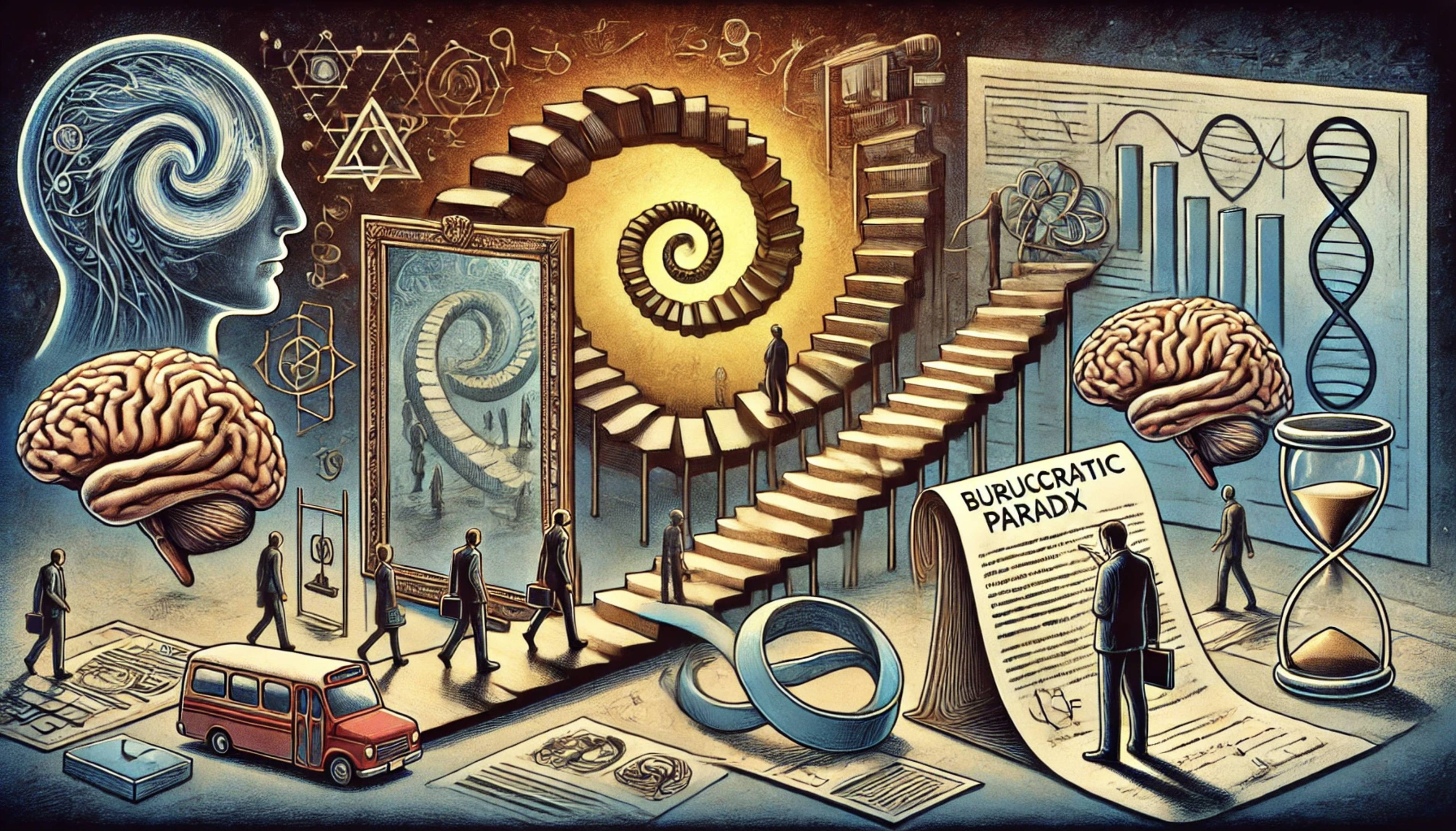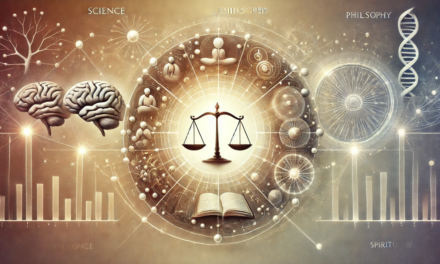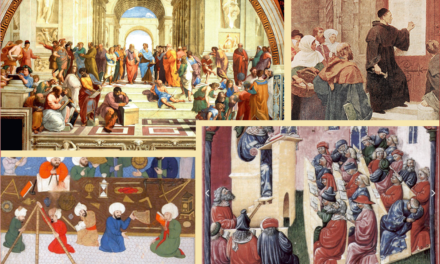In our quest to understand the profound aspects of life, we often encounter moments that seem to transcend ordinary existence. These experiences, whether religious, spiritual, or secular, offer a glimpse into something greater than ourselves. But what if we could explore these depths without invoking a supernatural realm? Can we find transcendence within the natural human experience? The answer is a resounding yes.
The Call to Praise and the Sense of the Divine
In many religious traditions, the call to “praise” is a fundamental aspect of worship. It involves expressing reverence, gratitude, and awe towards a higher power. This act of praise is deeply rooted in the recognition of something far greater than oneself, often described as the divine. However, the emotions and states of mind associated with praise—such as awe, wonder, and humility—are not exclusive to religious experiences.
Awareness Beyond Awareness
The spiritual experience of “awareness beyond awareness” refers to transcendent states of consciousness where one perceives a reality beyond ordinary awareness. These moments often bring about a profound sense of interconnectedness and unity with the universe. Interestingly, such experiences are not confined to religious contexts. They can arise in various secular settings, from moments of deep contemplation to immersive experiences in nature.
The Non-religious Path to Transcendence
For those who do not adhere to religious beliefs, the concepts of mystery, awe, gratitude, and epistemological humility provide a rich tapestry of transcendent experiences. Let’s explore these in detail:
- Mystery: Embracing the unknown and the unknowable aspects of existence can evoke a deep sense of wonder and curiosity. The vastness of the universe, the complexities of life, and the unanswered questions of existence all contribute to this sense of mystery.
- Awe: This profound emotional response can be triggered by witnessing something vast, powerful, or beautiful. Whether it’s the grandeur of a mountain range, the intricacies of a scientific discovery, or the sheer scale of the cosmos, awe reminds us of our place within a much larger context.
- Gratitude: Recognizing and appreciating the positive aspects of life, from personal relationships to the beauty of the natural world, fosters a deep sense of connection and fulfilment.
- Epistemological Humility: Acknowledging the limits of our knowledge and understanding promotes a humble approach to the mysteries of existence. This humility is a gateway to transcendent experiences, as it opens us up to the vast unknown.
The Strange Loop of Existence
Philosopher Douglas Hofstadter introduced the concept of the “strange loop,” where life and consciousness are seen as recursive and self-referential. Life creates consciousness, and consciousness reflects on and influences life, creating a loop that is both puzzling and profound. This idea resonates with the notion of transcendence, highlighting the interconnected and mysterious nature of existence.
In their new book “The Blind Spot”, scientist Adam Frank, theoretical physicist Marcelo Gleiser, and philosopher Evan Thompson explain why even modern science cannot bypass this strange loop. “Science rests on how we experience the world,” they write. “There is no way to take ourselves out of the story and tell it from a God’s-eye perspective. … Instead of saying that science is a means for rising above the great, strange mystery of being human in the vast wide world, a better story is that science takes us deeper into that mystery, revealing new ways to experience it, delight in it, and, most of all, value it.”
Transcendence in Everyday Life
Transcendent experiences can be found in the fabric of everyday life. They do not require a leap into the supernatural but rather a deep engagement with the world around us. Consider the following paths to transcendence:
- Flow States: Immersing oneself in activities where time seems to disappear and self-consciousness fades—such as creative endeavours, sports, or meditation—can lead to transcendent experiences.
- Peak Experiences: Moments of intense joy, love, or fulfilment, often described as “peak experiences” by psychologist Abraham Maslow, offer a glimpse into the profound potential of human experience.
- Nature and Art: Encounters with the beauty of nature or the power of art can evoke feelings of awe and wonder, providing a window into the transcendent.
Conclusion: Embracing a Unified Human Response
By recognizing the various ways in which transcendence manifests, we can appreciate a unified human response to the profound aspects of existence. Whether through religious praise, spiritual awareness, or secular awe, we encounter moments that elevate us beyond the mundane. These experiences remind us of our interconnectedness, the mysteries that surround us, and the profound depths of human consciousness.
In this way, we can find transcendence within the natural world, celebrating the extraordinary aspects of life and consciousness without the need for supernatural explanations. This perspective fosters a deeper understanding and respect for diverse ways of experiencing and interpreting the profound, enriching our collective human journey.
Terry Cooke-Davies
8th July 2024
Special thanks to the AI assistance provided by ChatGPT (4o) from OpenAI in shaping this article, and creating the featured image.

Link to Article:
Understanding Strange Loops: UNRAVELLING LIFE’S PARADOXICAL PATTERNS

Link to Article:






